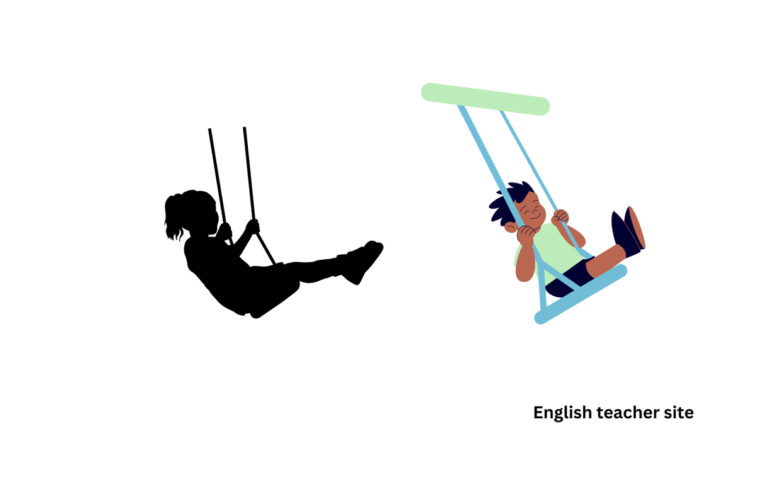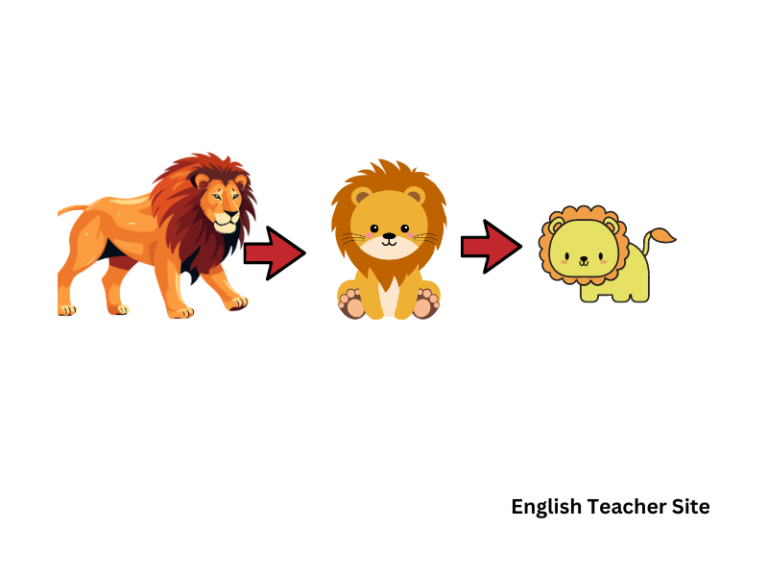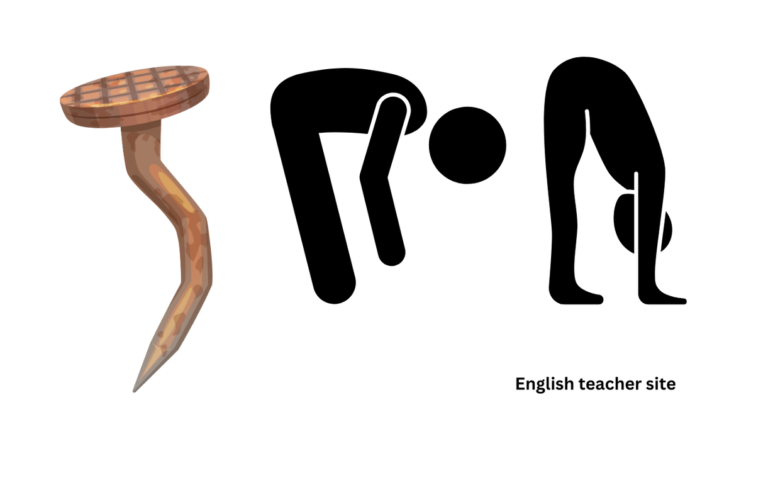What’s the Past Tense of Lend? is it lent or lended?

The correct past tense form of “lend” is “lent.” This applies to both the simple past tense and the past participle.
It is important for learners of English to recognize and use “lent” appropriately to convey past actions related to giving something to someone with the expectation of its return.
When discussing past events, the difference between the present tense “lend” and the past tense “lent” is crucial.
Incorrectly using these terms can lead to confusion and grammatical errors. English speakers use the term “lent” to indicate that the action of lending has already occurred.
In various contexts, such as financial transactions or everyday interactions involving sharing of items, the correct application of “lent” is important for maintaining the integrity of the language.
Conjugation of the Verb ‘Lend’
The English verb ‘lend’ is an irregular verb. This means that it does not follow the standard patterns of conjugation that regular verbs do. Here is how to conjugate ‘lend’ across different tenses:
Infinitive: to lend
Present Participle: lending
Simple Past Tense and Past Participle: lent
Present Tense (Lend)
- I lend
- You lend
- He/She/It lends
- We lend
- They lend
Past Tense Conjugation
- I lent
- You lent
- He/She/It lent
- We lent
- They lent
Due to its irregularity, ‘lend’ transforms to ‘lent’ in both the simple past tense and as the past participle form. In different contexts, ‘lend’ takes on various forms, which are used to construct both simple and perfect tenses.
- “Yesterday, he lent his book to her.”
- “She has lent money to them before.”
While ‘lend’ itself remains quite consistent in the present tense, the shift to ‘lent’ in the past tenses highlights its irregular nature. The verb ‘lend’ stands as a clear example of the nuances in English verb conjugations.
Usage and Context
In English grammar, understanding the correct usage of verbs in their past tense form is crucial. “Lend” becomes “lent” in the past tense, which expresses an action that has already been completed. Now, let’s look at how “lent” fits within English grammar, its relationship with synonyms and related verbs, and how this idea is expressed in different languages.
Examples in English Grammar
- Lent as Past Simple: She lent me her pencil yesterday.
- Lent as Past Participle: He has lent his books to the library before.
The usage of “lent” depends on context; it conveys that a temporary transfer of something took place in the past.
Comparison to Synonyms and Related Verbs
The table below highlights key differences between “lend” and its related terms in their past forms:
| Verb | Past Tense | Use Case in Sentences |
|---|---|---|
| Lend | Lent | I lent him my car for the weekend. |
| Borrow | Borrowed | He borrowed my charger last night. |
| Loan | Loaned | The bank loaned the company a large sum of money. |
| Grant | Granted | Permission was granted for the event to take place. |
| Lease | Leased | They leased their property to a new tenant. |
| Rent | Rented | We rented a movie from the store. |
Synonyms for “lend” include loan and grant; however, “borrow” is not a synonym, as it reflects the opposite action.
Past Tense Forms in Other Languages
Comparing “lent” to its equivalents in other languages offers insight into the nuances of translations:
- French: “Lend” translates to “prêter,” and its past tense is “a prêté.”
- Spanish: “Lend” is “prestar,” with “prestó” as the past tense.
- German: “Lend” corresponds to “leihen,” changing to “lieh” in the simple past.
- Italian: “Lend” is “prestare,” and the past tense form is “ha prestato.”
The context of lending, borrowing, and the temporary transfer of items is a universal concept, though expressed differently in various languages.
My name is Khamis Maiouf. I am the creator of the English Teacher Site, dedicated to providing valuable resources and insights for students around the world. With a passion for education and a commitment to helping students enhance their skills, I aim to make English teaching more effective and enjoyable for both educators and students.






